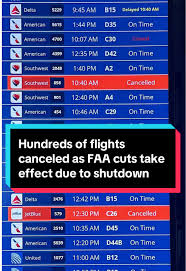
Introduction
The ongoing Canada postal workers strike has taken center stage as it underscores significant labor rights issues and potential disruptions in mail services across the nation. The strike, initiated by the Canadian Union of Postal Workers (CUPW), reflects broader concerns about wages, working conditions, and employment security in an increasingly digital world. As negotiations between the union and Canada Post continue, the outcome could have lasting implications on the postal service and its employees.
Details of the Strike
The CUPW announced the strike on October 1, 2023, after contract negotiations stalled. The union represents over 50,000 postal workers, who are seeking better wage increases to keep pace with inflation and improved working conditions. According to CUPW representatives, employees have not seen a meaningful wage increase in several years, which has affected their living standards.
Canada Post, on the other hand, argues that the current economic conditions and the shift towards digital communication have placed significant financial strain on the organization. As a result, they have offered limited wage adjustments and changes to working structures that the union has deemed unacceptable.
Impact on Services
The strike has resulted in service disruptions across Canada, with many residents experiencing delays in mail delivery and parcel services. Small businesses that rely on postal services for shipping have reported increased losses due to shipment delays. Furthermore, public response has been mixed, with some supporting the workers’ right to strike while others express frustration over the disruptions.
In major urban centers like Toronto and Vancouver, picket lines have formed, drawing attention to the workers’ demands. Local media coverage has brought public awareness to the issues at hand, highlighting how essential postal services are for communities, especially for accessing government services and essential goods.
Conclusion
The Canada postal workers strike raises critical questions about labor rights, employment conditions, and the future of postal services in a digital age. As negotiations are set to reconvene, the outcomes will be closely monitored by both supporters and detractors of the strike. What the CUPW and Canada Post ultimately agree upon will shape the landscape for postal services and labor relations in Canada moving forward. For now, Canadians are advised to prepare for continued disruptions and to stay informed about the negotiations, as the stakes are high for postal workers and the general public alike.






